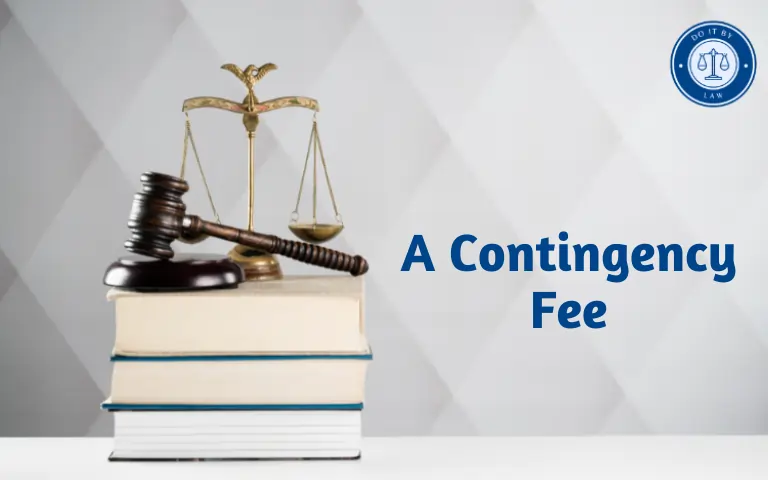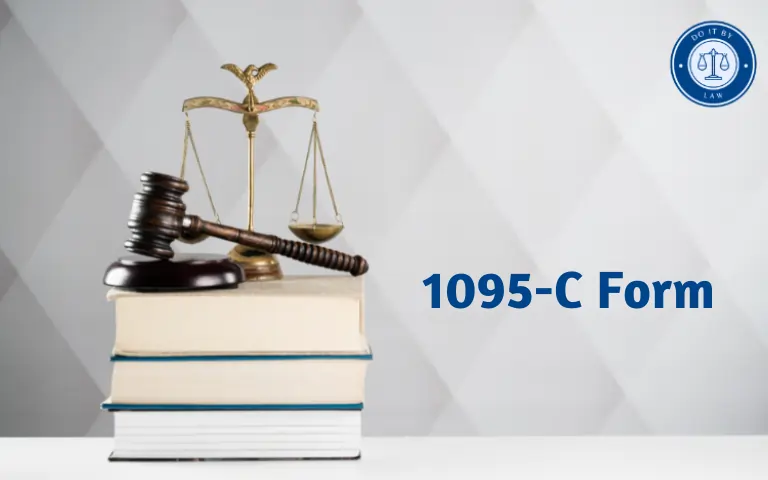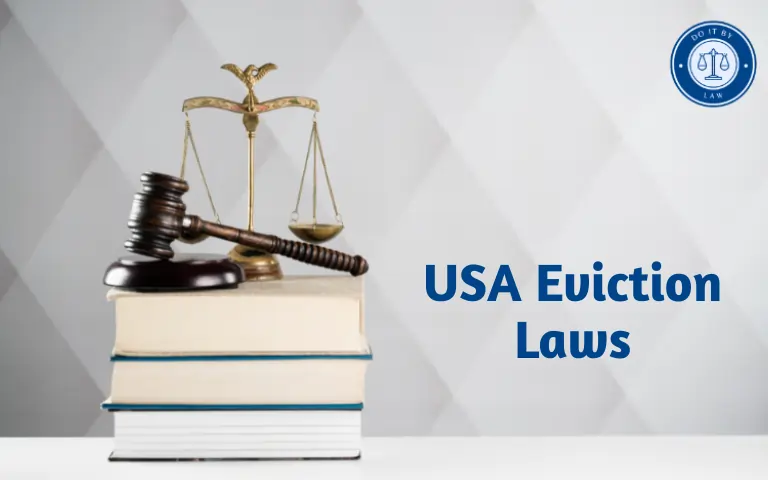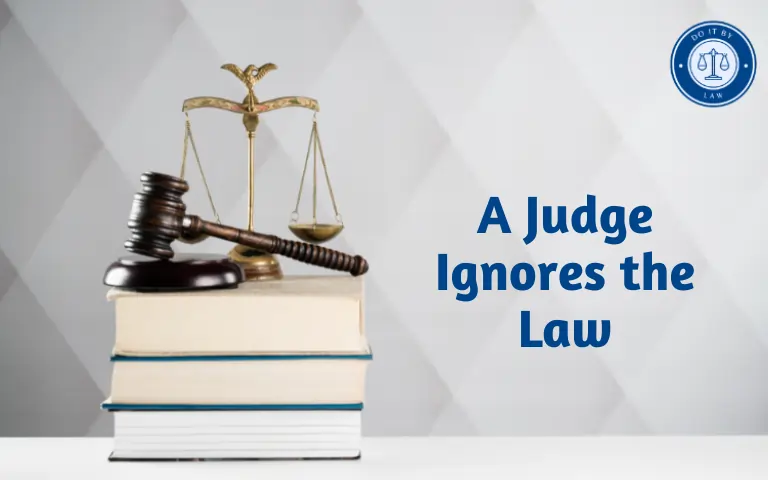What is a Contingency Fee in a Personal Injury Lawsuit?
When embarking on a personal injury lawsuit, one of the most important decisions you’ll need to make involves how you will pay for your legal representation. One common method of payment in such cases is a contingency fee.
A contingency fee agreement is an arrangement where the attorney’s payment depends on the outcome of the case. If the case is won, the attorney receives a percentage of the damages awarded; if the case is lost, the attorney receives no fees. The percentage can range from 5% to 50% of the final award, depending on the agreement and the state you’re in.
When seeking justice, clients are typically required to pay a retainer fee before an attorney agrees to start working on their case. However, many lawyers accept payments on a contingency basis for personal injury claims, making legal assistance more accessible to those who might struggle to afford upfront fees.
What are Contingency Fees?
Contingency fees are the cut your attorney receives after you’ve been compensated for your injury. The fees are either proceeds of a settlement or a verdict. For example, if you settle your claim out of court, you’ll pay the contingency fees out of the settlement gains. On the other hand, if your case goes to trial and you win, part of the verdict proceeds will be used to cover your legal fees.

Contingency fees can be fixed or sliding. A fixed contingency fee means that you’ll pay your lawyer a predetermined amount once your claim is settled, regardless of the compensation amount. On the other hand, sliding contingency fee arrangements are more flexible. This means that your personal injury attorney receives a portion of the compensation awarded to you after a verdict or a settlement.
Contingency Fee Arrangements in Personal Injury
Most lawyers accept personal injury cases with a sliding contingency fee arrangement, especially in cases where a large settlement can be expected. The total amount of personal injury claims can vary due to many factors, including the complexity of your case, the extent of your injuries, pain and suffering, property damage, and so on.
Things to Consider Before Entering Into a Contingency Fee Arrangement
Contingency fee agreements are legally binding. A written agreement, as well as the client’s signature, is necessary to formalize the contract. Before signing the contract, you need to know a couple of things, such as an approximation of the compensation you might receive for your personal injury claim, the likelihood of your personal injury claim succeeding, a rough estimate of the contingency fee the attorney will charge, and any potential liability costs you may need to cover if the case is unsuccessful.
How to Negotiate Contingency Fees in a Personal Injury Claim
Most lawyers agree to work on personal injury claims that are likely to be successful because their compensation is dependent on winning. Therefore, your contingency fee may be negotiable when a personal injury attorney takes your case.

It’s worth noting that the percentage most lawyers charge under sliding contingency fee arrangements ranges between 25% to 40%. The portion may be lower if your claim is settled out of court. It can also be higher if your claim is resolved in a trial.
What Happens If Your Personal Injury Claim Is Unsuccessful?
An unsuccessful personal injury claim means that you don’t get compensated for your personal injury via a settlement or a verdict. Under contingency fees, attorneys are only paid if their client wins. Therefore, if you lose your personal injury claim, you’ll not need to pay your attorney anything.
Advantages of Contingency Fees in a Personal Injury Claim

Contingency fees in a personal injury claim come with several benefits. They ease the access to legal services as fees aren’t paid upfront. If you lose your personal injury case, you won’t owe your attorney anything. This arrangement also motivates personal injury lawyers to represent their clients well to secure payment. Most importantly, it allows you to hire an experienced attorney even without money.
Do It By Law Recommends
While contingency fees have benefits, you need to ensure you get the most out of your arrangement. Understanding contingency fee arrangements and the ins and outs of negotiating your contingency fees will help you achieve that.
Remember, under contingency fee arrangements, an attorney is compensated for their legal services only after a successful outcome of the case. As such, most personal injury attorneys consider the likelihood of success before taking on a case.
Contingency fees provide an accessible path to legal representation for personal injury claims. They ensure that financial constraints do not hinder justice and motivate attorneys to strive for the best possible outcome.
However, it’s crucial to understand the terms of your contingency fee agreement and negotiate effectively to ensure you receive the most beneficial arrangement.




